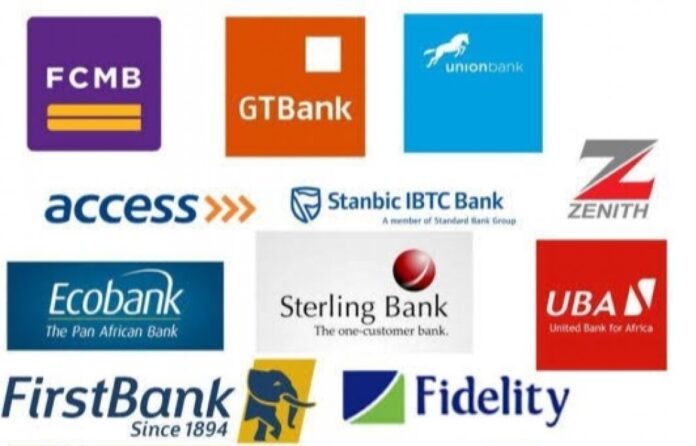Banks grant N61.2tr loans, currency in circulation reaches N3.2tr
By Jeph Ajobaju, Chief Copy Editor
Credit granted by banks for economic activities jumped 2.17 per cent to N61.2 trillion in August from N59.9 trillion in July, according to the latest Money and Credit data of Central Bank of Nigeria (CBN).
Currency-in-circulation (CiC) rose 0.9 per cent to N3.24 trillion in August from N3.21 trillion in July.
The data shows the N61.2 trillion credit comprised N21 trillion granted the government, which grew 4.4 per cent from N20.1 trillion in July.
A total N40.2 trillion was approved for the private sector, a 1.0 per cent month-on-month (MoM) rise above N39.8 trillion in July.
Moody’s Credit Ratings warned rising inflation in Nigeria would trigger increase in interest rates on loans which would add to borrowers’ burdens and harmstring repayment capacity.
The warning is contained in Moody’s Investors Service report titled, “Banks – Africa: Higher inflation will weigh on African banks’ profitability”.
Moody’s said: “We expect a bank’s exposure to sectors most vulnerable to inflation, such as households, will be a key factor impacting their provisioning costs.
“Higher inflation will diminish the borrowers’ repayment capacity because income will be needed to meet other competing and rising costs. Higher interest rates will also add to borrowers’ debt burdens by increasing the nominal repayments.”
_______________________________________________________________
Related articles:
Federal and state bank loans jump to N20tr
Oil theft causes production firms to owe banks N6tr
Banks take N595.34b CBN loan to shore up liquidity
_________________________________________________________________
Loans repricing at higher interest rates
“We expect high inflation and interest rates to increase provisioning needs in all systems,” Moody’s added, via reporting by Vanguard.
“For Nigeria, there will be large volumes of variable-rates loans that will reprice at higher interest rates, diminishing borrowers’ repayment capacity.
“Higher inflation tends to coincide with weaker naira, harming unhedged foreign-currency borrowers and increasing corporate debt. High interest rates will increase borrowing costs for sovereigns, weakening their fiscal positions.
“In Africa, this has a direct affect on banks’ credit profiles because the majority of African banks hold large volumes of government securities.”














